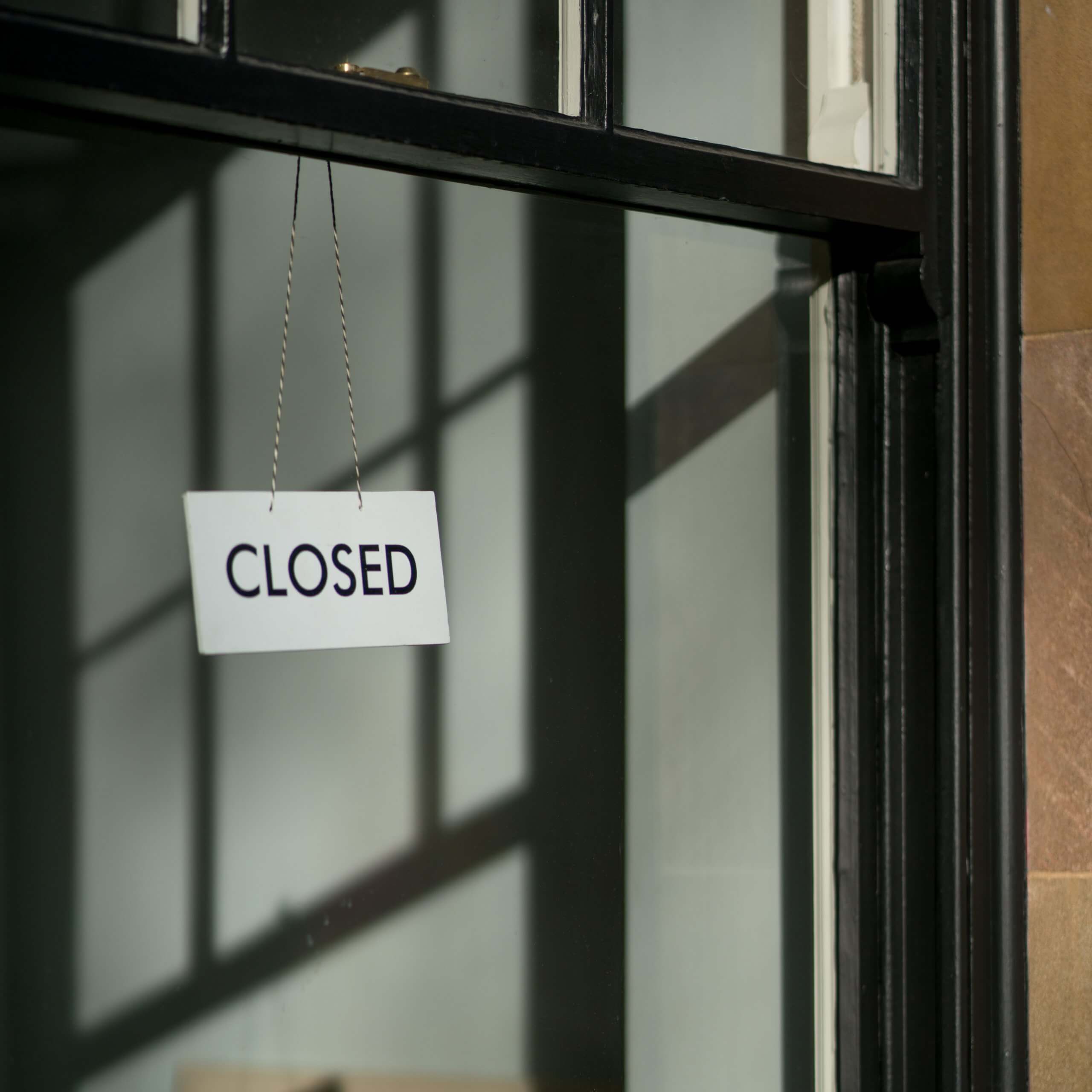Business interruption insurance: “At the Premises” test case
9th August 2023
The Topline
“The “At the Premises” test case [1] could be of interest to any business that was forced to close as a result of the Covid-19 pandemic. It’s the latest in a line of court decisions on whether/when lockdown closure-related losses are recoverable under business interruption insurance policies [2]. It significantly extends the circumstances in which insurers will be required to pay out to policyholders.”
– David Manda, Director, Real Estate Litigation


Covid-related business interruption losses: What do businesses need to know?
Back in 2021, the Supreme Court confirmed, in the FCA test case [3], the availability of compensation for businesses with insurance clauses covering losses caused where a business is forced to close because of an outbreak of an infectious disease within a specified geographical limit.
In 2022, Corbin & King v AXA Insurance [4] extended Covid-related business interruption recoverability to businesses with ‘non-damage denial of access’ (NDDA) clauses. (NDDA clauses provide for business interruption losses that are caused as a result of forced closure by a public authority due to events within the geographical limit.)
In Stonegate v MS Amlin [5], also in 2022, the High Court provided further guidance regarding business interruption losses and insurance claims. That case established more detailed principles to help business owners and insurers calculate any indemnity that may be due.
The defendant insurers in the 2023 “At the Premises” test case argued that FCA test case liability to pay out for Covid-related business interruption losses didn’t arise where a policy covered losses triggered by an outbreak of an infectious disease at the business’ own premises. The High Court disagreed. It considered the theoretical scenario where two neighbouring restaurants have slightly different business interruption insurance policies: one with a disease clause with geographical radius; the other with an ‘at the premises’ disease clause. The insurers’ argument would result in the situation whereby, if the owner of the restaurant with the ‘at the premises’ clause caught Covid, it would not be able to recover business interruption losses, but its neighbour would. The judge could not see, in relation to Covid lockdown related losses, how that outcome could be rationally explained to the reasonable policyholder [6]. As such, the court found, once again, for the policyholders.
What practical advice arises?
There are potentially tens, if not hundreds, of thousands of businesses still suffering as a result of Covid lockdowns. Where losses can be attributed to enforced closures and remain as-yet uncompensated, businesses should revisit their business interruption insurance policies in light of this crucial line of cases – in particular, in light of the “At the Premises” extension – in case those losses are within scope, and recoverable.
Business interruption claims: How we can help
Walker Morris’ specialist Real Estate Litigators are experienced and expert in acting for businesses of all types, including property owners and occupiers, and can assist clients with assessing all potential claims and liabilities associated with commercially-let premises. The team can advise and assist when it comes to making business interruption insurance claims, pursuing or defending commercial rent arrears claims, and/or negotiating settlements. Whether arising off the back of Covid disruption or in the context of other economic uncertainty or commercial disruption, the team can also help clients with all aspects of commercial contract, property insurance or commercial lease disputes. Please contact David Manda for further information.
[1] [2023] EWHC 1481 (Comm)
[2] See Walker Morris’ earlier briefings on all the key decisions
[3] The Financial Conduct Authority v Arch and Others [2021] UKSC 1
[4] [2022] EWHC 409 (Comm)
[5] [2022] EWHC 2548
[6] In any contractual interpretation exercise, a court will look at the actual wording of the contract and then apply the objective test of what the reasonable businessperson would understand that wording to mean










